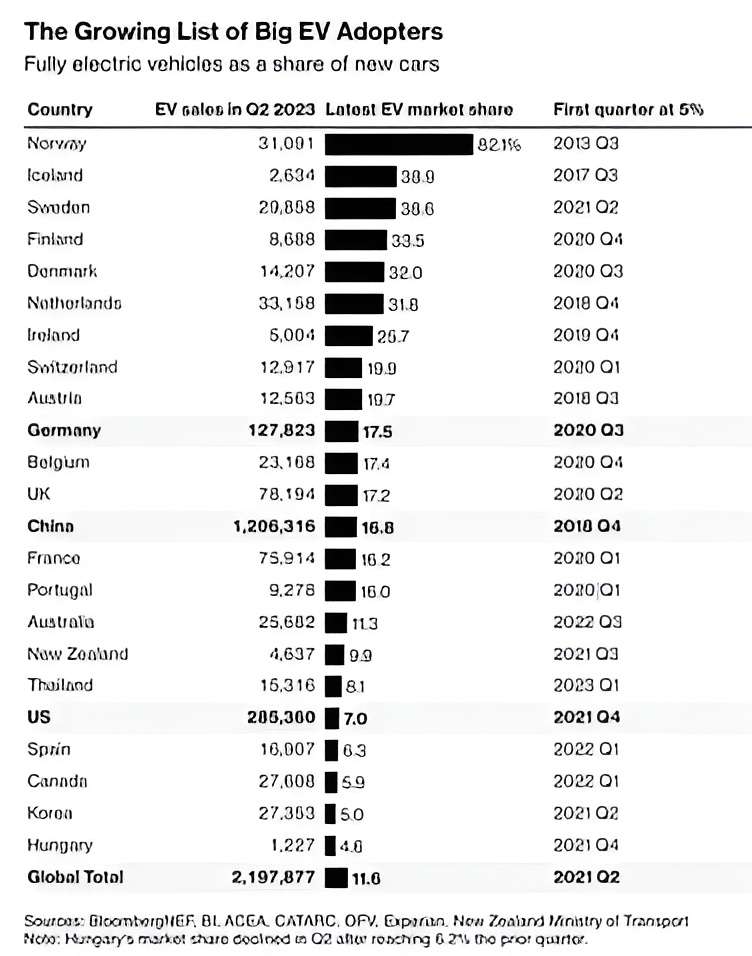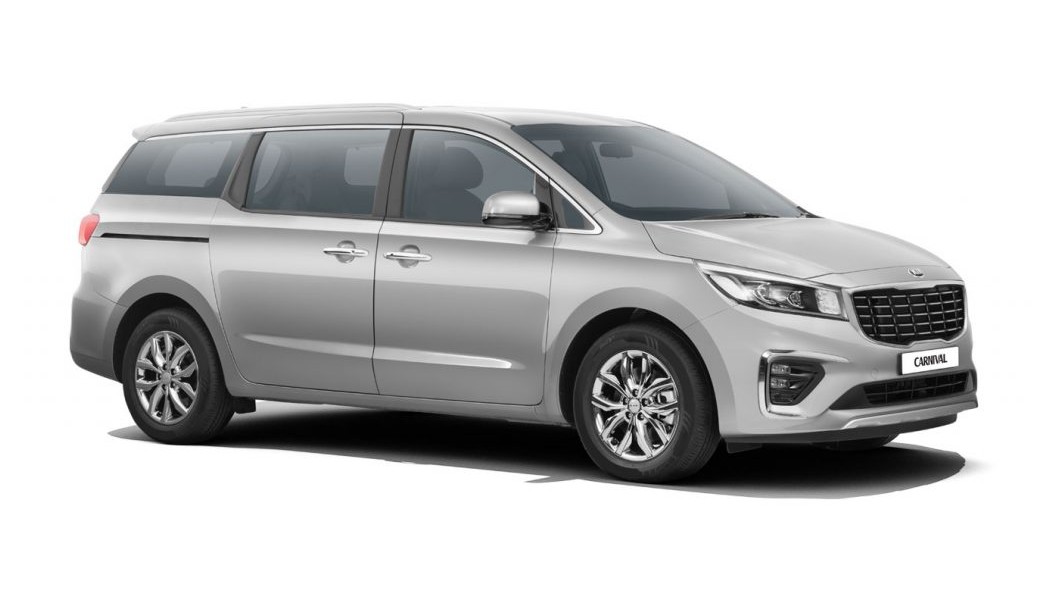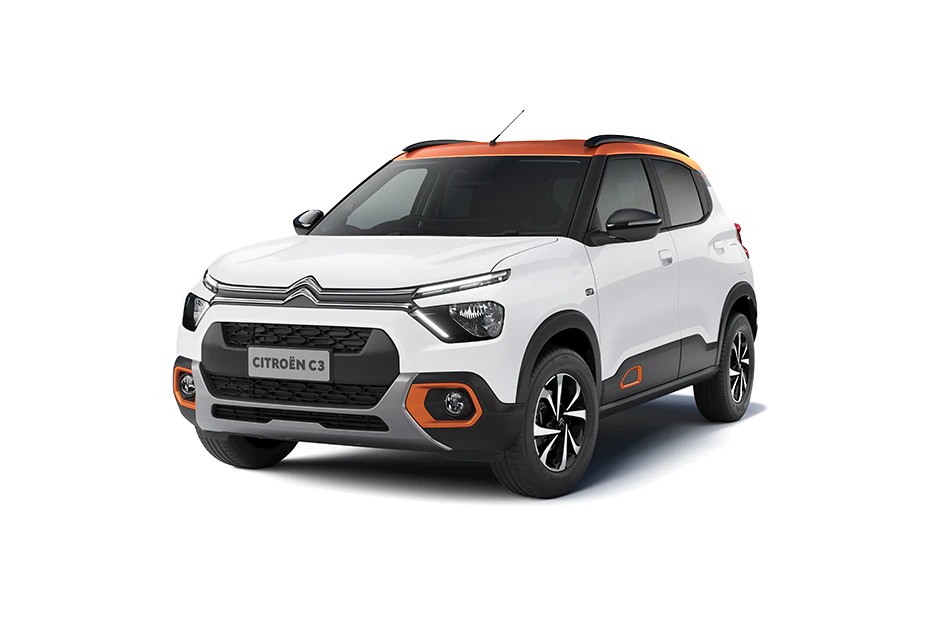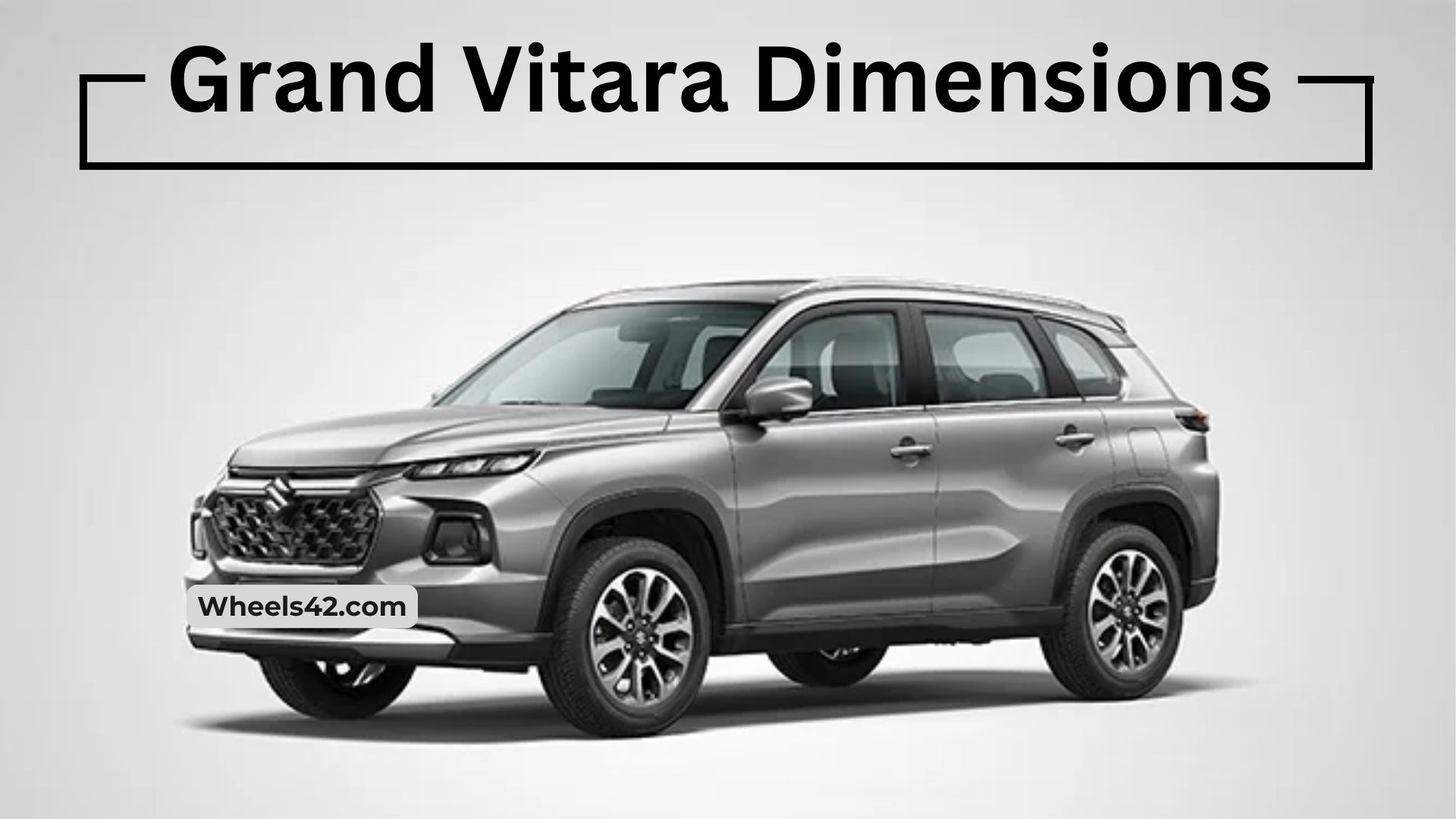India as Largest EV Market by 2030 – It is something beyond imagination
 Ishita Sharma 2024-12-19
Ishita Sharma 2024-12-19
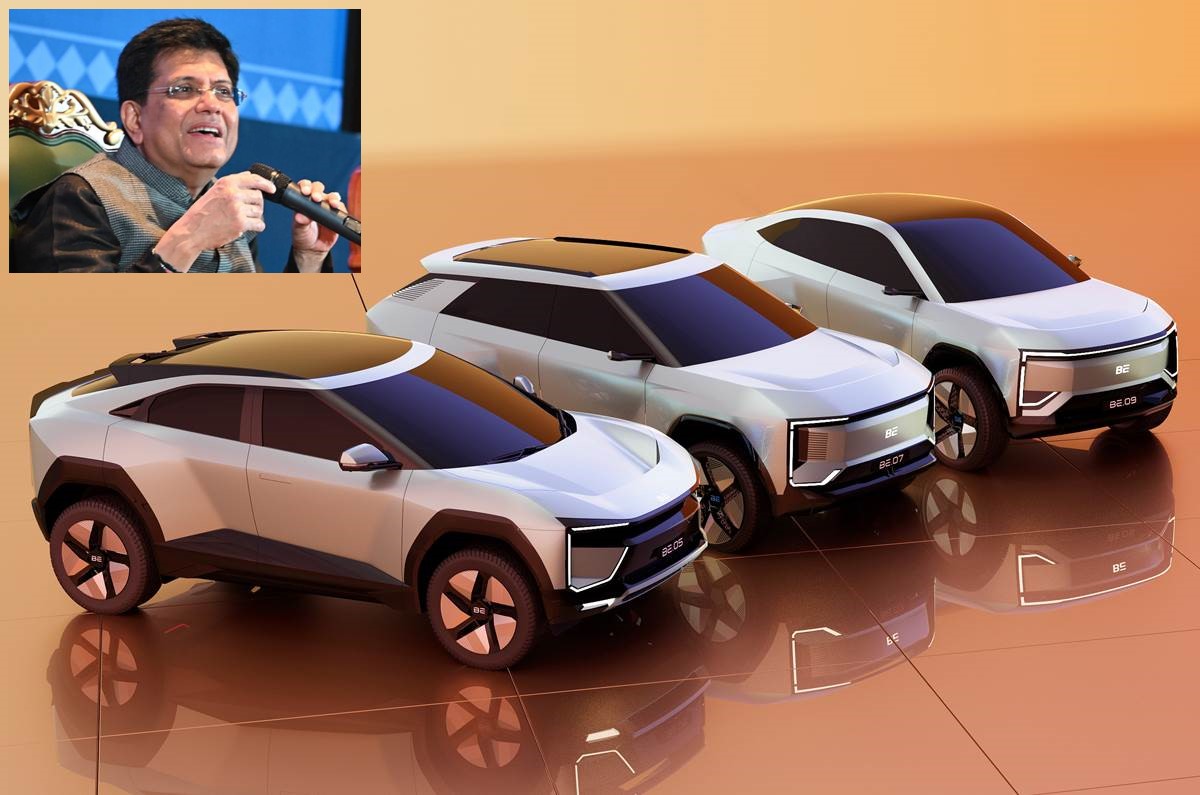
Some people underestimate the EVs market in India…! Let’s know some interesting facts on that based it would be easy to understand that India is going to be the largest EV market by 2030. NITI Aayog expects the Indian electric vehicle (EV) market to grow at a rate of 49% every year from 2022 to 2030.
Union Minister of Commerce and Industry, Piyush Goyal, stated today that with the growing adoption of electric vehicles in India, the country could become the largest EV market in the world by 2030.
“India is now being recognised across the world with the pace at which we are doing pioneering work in technologies like advanced energy storage and e-mobility and green hydrogen. By 2030, India could become the world’s largest electric vehicle market," Goyal said at the inauguration of Bharat Mobility Global Expo 2024.
Let's have a look on Evs adoption numbers globally -
NITI Aayog, a public policy think tank, has set a goal for 30% of all vehicle sales in India to be electric vehicles (EVs) by 2030. The EV market is expected to grow at an annual rate of 49% from 2022 to 2030. India is currently the third-largest automobile market in the world, with electric vehicle (EV) sales making up around 3-5% of total sales. The country is recognized as the fastest-growing EV market. In 2023, EV sales increased by approximately 49% compared to the previous year, reaching 1.53 lakh units, with two-wheelers leading the way. By now, it is expected that around 7.6 lakh electric vehicles have been registered in India.
The early adoption of electric vehicles (EVs) in India is being supported by the government through the Faster Adoption and Manufacturing of (Hybrid and) Electric Vehicle (FAME) scheme, which offers demand subsidies. Additionally, there is a production-linked incentive (PLI) scheme for manufacturing advanced chemistry cells (the main components of EV batteries). This scheme is expected to help lower the cost of batteries, making EVs more affordable for consumers.
In the interim budget for 2024-2025 (FY25) that was presented on February 1, Finance Minister Nirmala Sitharaman said: “Our Government will expand and strengthen the e-vehicle ecosystem by supportin g manufacturing and charging infrastructure. Greater adoption of e-buses for public transport networks will be encouraged through payment security mechanism.”

